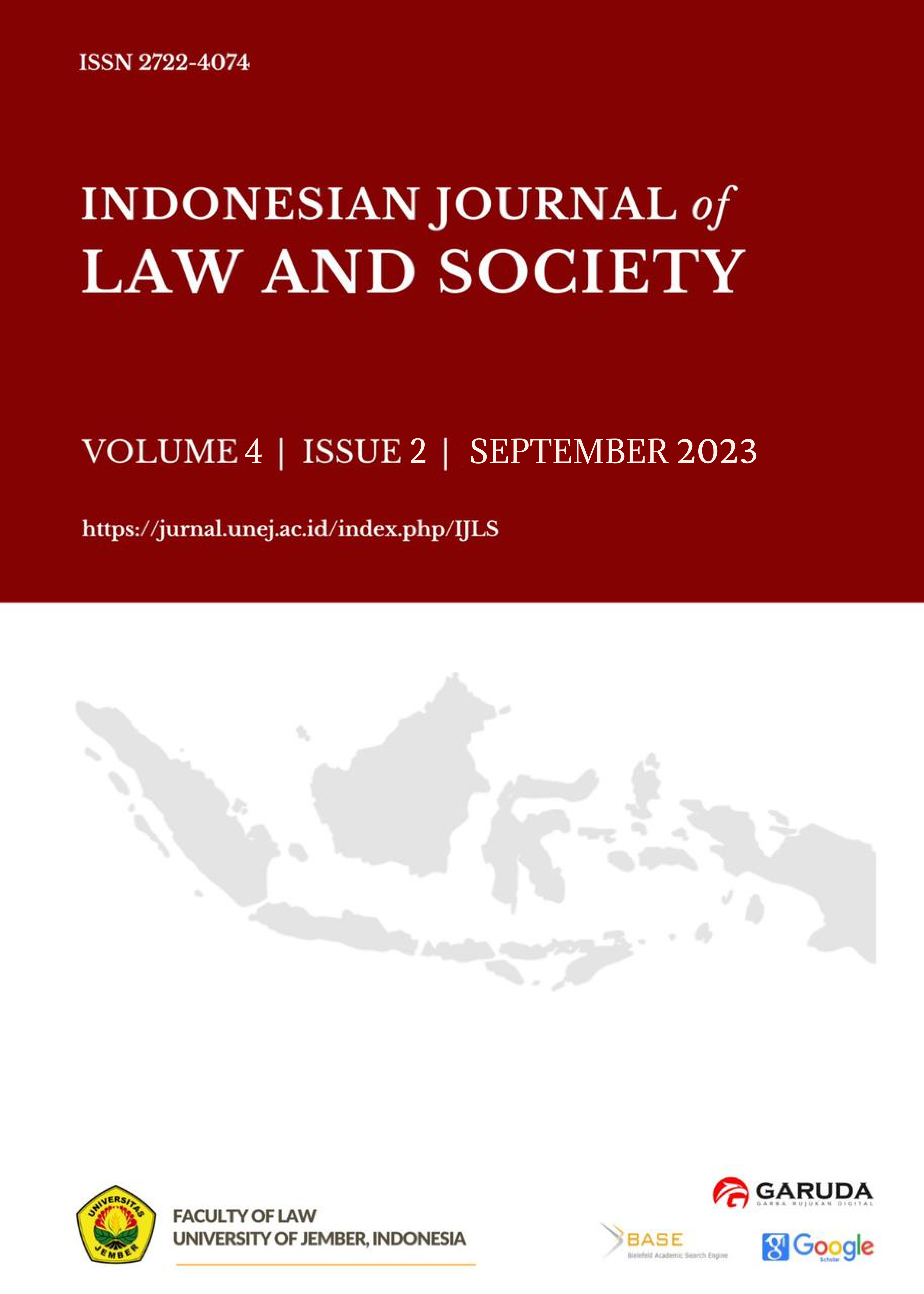A Critical Evaluation of Environmental Dispute Resolution Mechanisms in Bangladesh
Addressing Challenges and Insights
DOI:
https://doi.org/10.19184/ijls.v4i2.41732Abstract
Pollution is now the greatest dangerous threat to humanity. Nowadays, everyone scares pollution more than nuclear blasts. Human well-being and economic prosperity have made environmental conservation a critical global issue. Bangladesh is dealing with a number of environmental issues, including deforestation, land degradation, air pollution, water contamination, and biodiversity loss. In Part II (Fundamental Principles of State Policy) of the Bangladesh Constitution, Article 18A states, "The State shall strive to protect and develop the environment, as well as preserve and safeguard natural resources, biodiversity, wetlands, forests, and wild life for current and future inhabitants." However, Article 8(2) of the aforementioned Constitution stipulates that the fundamental principles outlined in Part II of the Constitution are not judicially enforceable. As a result, it is apparent that the Bangladesh Constitution does not contain any direct environmental protection. Furthermore, Bangladesh's constitution does not recognize the right to a healthy environment as a fundamental right. In Bangladesh, the environment doesn't at all promote healthy living. Severe air, water, and noise pollution endangers human health, ecosystems, and Bangladesh's economic progress. Population growth, the usage of fossil fuels, industrialization, and motorized vehicles all contribute to air pollution. Water contamination is the result of industrialization. The Government of Bangladesh has adopted various laws pertaining to environmental issues, such as the Environment Court Act, 2010, the Bangladesh Environment Conservation Act, 1995, the National River Protection Commission Act, 2013, the Bangladesh Water Act, 2013, etc. Despite the adoption of several laws and regulations, environmental pollution in the country persisted. This paper is qualitative in nature. The main purpose of this paper is to deliver a brief outline of the current legal regime dealing to the environment, as well as to identify environmental dispute resolution procedures within Bangladesh's existing legal framework. It will also investigate into the legal hurdles to pursuing environmental justice. This study presents some observations on achieving access to environmental justice for all population groups in Bangladesh.
Downloads
Downloads
Published
Issue
Section
License
The Indonesian Journal of Law and Society has CC-BY-SA or an equivalent license as the optimal license for publishing, distributing, using, and reusing scholarly work. Authors who publish with this journal retain copyright and grant the journal right of first publication with the work simultaneously licensed under a Creative Commons Attribution-ShareAlike 4.0 International License that allows others with permission from the publisher to share the work with an acknowledgment of the work's authorship and initial publication in this journal.


